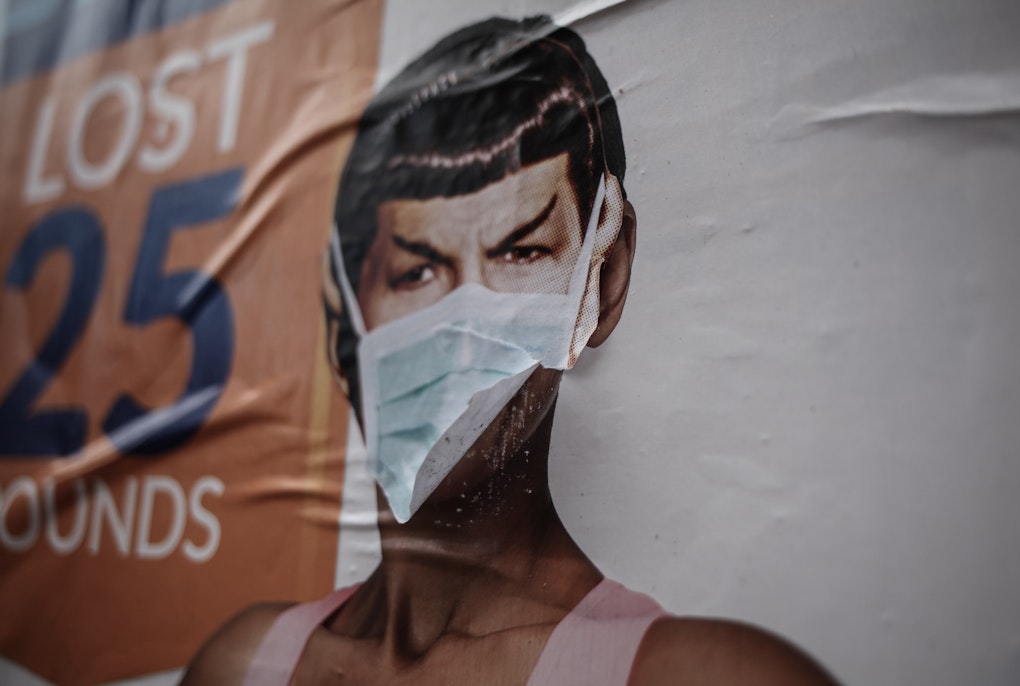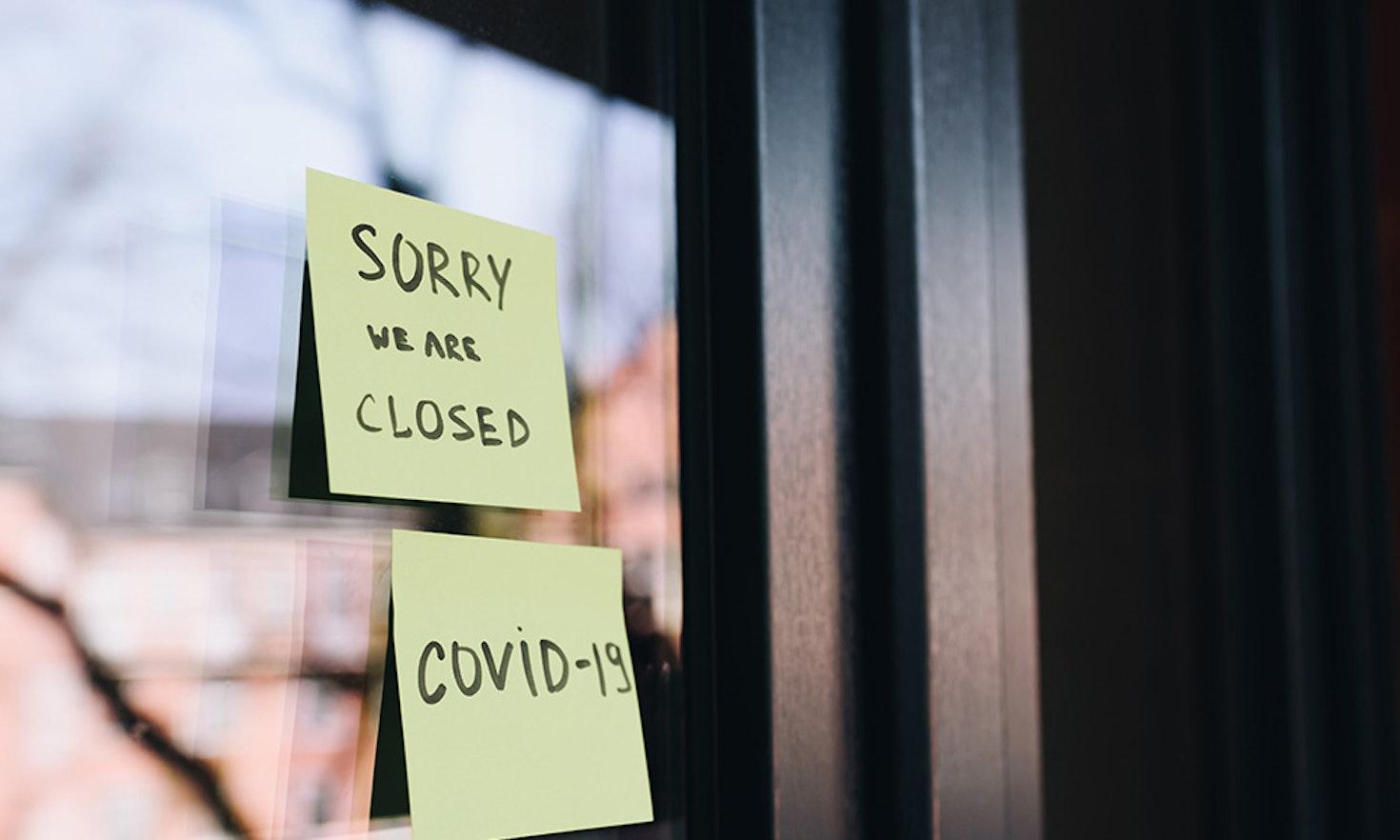
Political communication and vaccination rates: Covid-19 insights from the US
 Aspen Brooks
Aspen Brooks
Tourism has enjoyed almost continuous growth in revenue, tourist numbers and the number of worldwide destinations. By the 1970s, reactions against over tourism began to occur, leading to the creation of the concept of sustainable tourism, to reduce tourism’s social and environmental impacts by better design and management. Slow to take off, new management techniques, and changes in society’s views about life, environment and economic growth have now boosted interest in the concept. Tourism’s role in climate change adds urgency to that interest.
Then, suddenly, the Covid-19 pandemic stopped all tourism activities worldwide. Tourism, which generates over 10% of the world economy is in crisis. Many expect the pandemic to totally change whole societies and economies. How might tourism be affected? Can more sustainable forms of tourism help? Much depends on how long the pandemic remains live, on the tourism industry’s reaction to issues, on market reactions, and on government policies.
On the supply side, loss of cash flow into an often indebted fast growing industry will stop new investment and bring financial problems and bankruptcies for existing tourism infrastructure and enterprises. Many millions of tourism related workers face unemployment. Entire resorts will lose value; national economies will be seriously reduced in size. On the demand side, pandemic related unemployment, wage cuts and tax increases in tourist source regions will cut tourist spending, and reduce long haul air travel. Some market segments may be especially affected. Visitors may stop travelling to regions that suffered badly from the pandemic, fearing residual infections. Skilled and informed marketing will need to emphasise safety, health and confidence building. We may lose skilled and experienced staff to other businesses and regions. Tourism cannot easily be automated. People are central to successful hospitality.
Short downturns because of local unrest or economic crashes have happened, but the virus has brought far bigger global long-term problems. The Second World War stopped tourism for c. 10 years, but tourism was then just a minor activity. It should recover much more quickly post pandemic than post Second World War: there is no war damaged infrastructure to re-build and wehave a history of mass tourism to inform potential tourists of travel’s pleasures and excitement.
Regions, businesses and governments should begin dialogues about sustainable tourism. Innovative sustainable programmes should get priority for public sector recovery funding. Academics, local governments and businesses should now work in partnership to develop the necessary new products, market research, training and governance systems.
Tourism’s financial base rests on accommodation: it is central to recovery. To calm visitor fears, a certified programme of deep cleaning is needed. It may be easier and quicker to get small scale locally owned accommodation back into use than large company owned hotels. There is the difficult question of Airbnb. Research and discussion groups are needed.
Tourism has always been a competitive, private sector activity and resisted public sector governance. But it now needs public sector help. An informed innovative partnership governance approach to sustainable tourism management could give it a strong competitive market edge, adding a special USP.
Regular press notices, and regular emails to visitor mailing lists, can build an image that your destination is acting wisely, creating a safe and deeply satisfying environment, overcoming beliefs that only eco-freaks want sustainable tourism.
Change is difficult. It needs risk taking, persuasion and a passion to succeed. But: “nothing ventured, nothing gained, faint heart never won fair lady”. Sustainable tourism is a very fair lady.
 |
Bernard Lane, currently residing in England, was the founding Editor of the Journal of Sustainable Tourism and is a consultant on sustainable tourism, local economic regeneration and heritage conservation, for communities, governments and businesses, as well as working with Eurac Research in South Tyrol, Italy. The Corona Virus pandemic now keeps him totally fixed to his desk and computer and has put a halt to over 50 years of worldwide travel to projects in Asia, Portugal, Italy and Ireland and other parts of the UK. |
This content is licensed under a Creative Commons Attribution 4.0 International license.